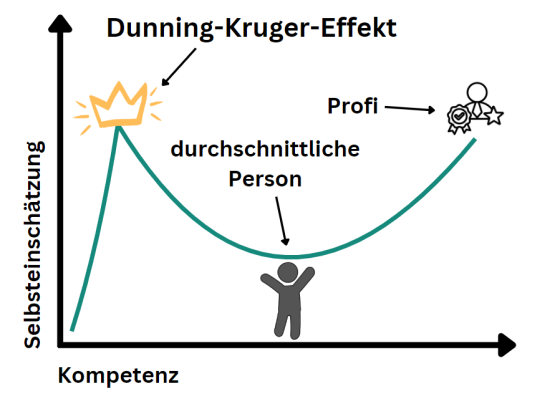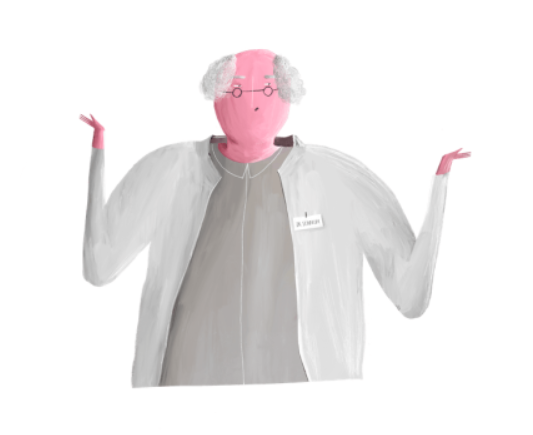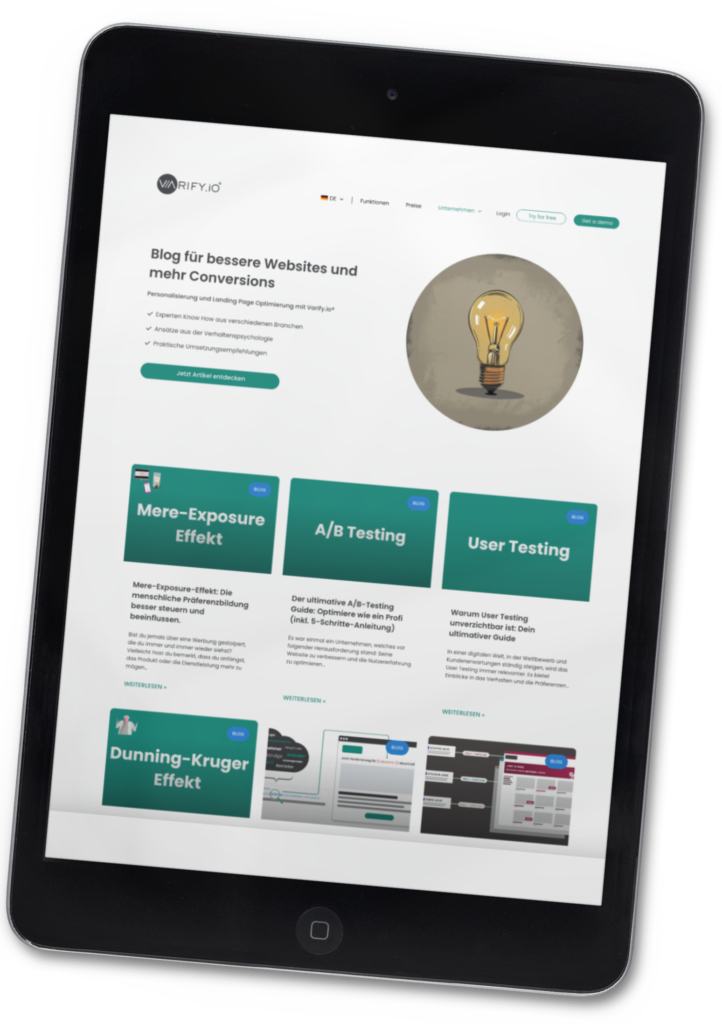
Have you ever met someone who seems to have overconfidence, even though they are obviously incompetent in a particular area?
Or have you caught yourself overestimating your abilities, only to find out later that you're not as good as you thought you were?
This phenomenon is called the Dunning-Kruger effect, named after social psychologists David Dunning and Justin Kruger, who discovered it in 1999.
The Dunning-Kruger effect describes our tendency to overestimate our competence when we have limited knowledge or skills in a particular area. In this article, we will take a closer look at the Dunning-Kruger effect, understand its mechanisms, explore its implications, and develop strategies to cope with this phenomenon.

Insight into the Dunning-Kruger effect
The Dunning-Kruger effect is based on the discrepancy between our own knowledge and our actual competence. When we have limited knowledge or skills in a particular area, we tend to overestimate our own ability. There are several reasons for this, including a lack of ability to recognize our own incompetence, cognitive distortions and social influences.
The four stages of the Dunning-Kruger effect
Unconscious incompetence: In this phase, we are not aware of our own incompetence. We have little knowledge or ability, but we are not able to recognize this. As a result, we overestimate ourselves and have an exaggerated sense of self-confidence.
Deliberate incompetence: Once we begin to realize our own ignorance, we enter the second stage. We become aware of our own incompetence and realize that we still have much to learn. In this stage, frustration and humiliation may occur as we realize that our abilities are not as advanced as we thought.
Conscious Competence: With increasing knowledge and training, we reach the third stage where we can consciously apply our skills. We are aware of our competence, but it still requires effort and concentration. In this stage we are open to learning and growth.
Unconscious competence: In the fourth and final stage, we reach unconscious competence. Through years of training and experience, our skills are so internalized that we can apply them automatically and effortlessly. In this stage, we are often no longer aware of our own competence.

The Impostor Syndrome: The Opposite of the Dunning-Kruger Effect
In addition to the Dunning-Kruger effect, there is another phenomenon that is often considered its opposite: the Impostor Syndrome. People with the Impostor Syndrome feel like impostors despite their successes and doubt their own competence. Unlike the Dunning-Kruger effect, in which people overestimate their abilities, people with impostor syndrome tend to underestimate their abilities. They believe that their success is based on luck or chance and fear that they will be exposed as a fraud.
The impact of the Dunning-Kruger effect on society
The Dunning-Kruger effect has implications for various aspects of our society. For one, it can lead to misjudgments and poor decisions. People with overconfidence may take risks that they cannot properly assess.
Second, the Dunning-Kruger effect can lead to a lack of self-reflection and a distortion of reality. This can have a negative impact on our personal and professional development and affect our relationships with others.

Examples of the Dunning-Kruger effect
Policy: In the political arena, examples of the Dunning-Kruger effect are ubiquitous. We often see individuals who have no expertise or experience in a particular policy area, yet are convinced of their opinions and want to solve complex problems with apparent ease. These individuals tend to present themselves as experts without understanding the real implications and challenges of policymaking.
Finances: Another common example of the Dunning-Kruger effect is found in the area of personal finance. Individuals with limited financial knowledge may be prone to making risky investments or imprudent financial decisions. They may not realize that they do not have the expertise to understand complex financial concepts and manage their own finances wisely.
Health and medicine: The Dunning-Kruger effect can also occur in the healthcare sector. One example is individuals who perform medical diagnoses or treatments independently without having the necessary expertise or medical training. These individuals may mistakenly believe that they have the necessary knowledge to manage their health independently, which can lead to serious health complications.
Everyday Skills: Even in everyday skills, we can observe the Dunning-Kruger effect. For example, think of someone who believes they are an excellent driver, even though they regularly disobey traffic rules and engage in risky driving behavior. This person may overestimate his or her own ability in this skill due to limited experience and lack of self-reflection.
Strategies to cope with the Dunning-Kruger effect.
To overcome the Dunning-Kruger effect, it is important to practice self-reflection and be honest with yourself. Be willing to acknowledge your own weaknesses and accept feedback from others. Here are some strategies that can help you do that:
Self-reflection: Take time regularly to evaluate your own skills and knowledge. Ask yourself critically what you are already good at and where there is still room for improvement.
Seek feedback: Actively seek feedback from trusted people in your field. Be open to constructive criticism and use it as an opportunity to develop yourself.
Close knowledge gaps: Identify the areas where you have weaknesses and set goals to close those gaps. Take time for targeted learning, whether through books, courses or interaction with experts.
An open mindset: Be ready to continuously learn and face new challenges. Keep your knowledge up to date and be open to new perspectives and ideas.
Networking: Seek out exchanges with other professionals in your field. Discussions and sharing experiences can help broaden your understanding and discover new perspectives.
Mentorship: Find a mentor who has extensive knowledge and experience in your field. A mentor can help you develop your skills, provide feedback, and offer valuable advice.
Conclusion
The Dunning-Kruger effect shows how easily we can deceive ourselves when it comes to our own abilities. By becoming aware and adopting strategies to overcome this phenomenon, we can assess our competence more realistically and make more informed decisions. Healthy self-assessment, self-reflection, and lifelong learning are key to paving our way to competence and developing a better understanding of the world around us.
